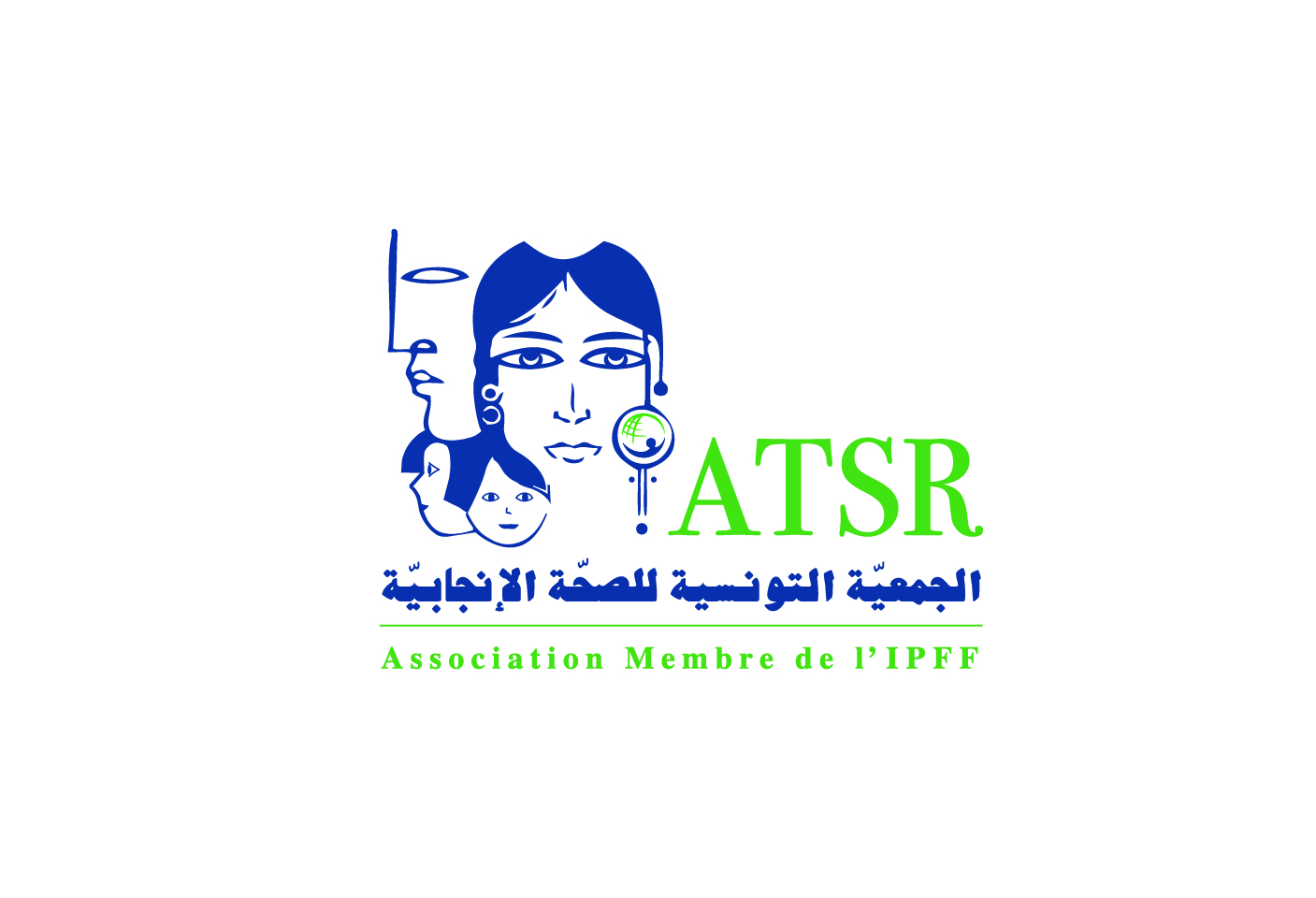

| 31 March 2016
Association Tunisienne de la Santé de la Reproduction
The Tunisian Sexual and Reproductive Health Association (ATSR) was established in 1968 and joined IPPF in 1969. It is government-supported and plays a key partnership role with public health services in Tunisia. It has run a number of government and UNFPA- funded initiatives (such as the Family Health Project, designed to raise awareness of family planning amongst deprived communities). ATSR works together with the National Office for the Family and Population (ONFP) to deliver free sexual and reproductive health and rights (SRHR) services, including family planning and education and communication (IEC) programmes to sensitise peri- urban and rural populations about family planning. Additionally, ATSR is heavily involved in raising awareness about sexually transmitted infections (STIs) and HIV and AIDS, dangerous behaviour, male responsibility, pre-marital medical examination, violence against women, and unsafe abortion. It runs innovative projects for disabled people and for single mothers. The organisation's recommendations feed into the development of Tunisia’s national family planning policy, ATSR has become central to the practical implementation and achievement of government objectives. Contacts Website: http://atsrtn.org/ Facebook: https://www.facebook.com/www.atsrtn.org Twitter: https://twitter.com/ATSRTN

| 31 March 2016
Fianakaviana Sambatra - Madagascar Association
Relative to much of Africa, Madagascar has high levels of contraceptive use, but high birth rates coupled with endemic poverty and limited government-led sexual and reproductive health (SRH) provision mean that child mortality and maternal death figures are high. Fianakaviana Sambatra (FISA) has been fighting since 1967 to improve the nation’s SRH through advocacy, education and direct service provision. Currently, it runs 67 service points, including: 11 permanent clinics, 3 mobile units and 12 community-based services (CBSs), across 6 of the country’s regions. FISA works with 5 associated clinics and 29 private practitioners. FISA has 70 full-time staff, 184 peer educators, and a youth action movement made up of 42 members. FISA delivers a wide range of services: family planning, prevention and management of HIV and AIDS and the provision and dissemination of comprehensive SRH materials. FISA has used its on-the-ground experience to advise government on national SRH policy. It has partnered with the Ministry of Health, Family Planning and Social Protection, and the Ministry of Youth to advocate for a concerted approach to resolving the critical SRH issues currently facing the country. At the same time, it works with non-governmental organizations (NGOs) such as Marie Stopes International, and the ASSONG coalition of NGOs. FISA receives financial support from UNFPA, the Big Lottery Fund, Amélioration de la Qualité De Services, the EU and IPPF’s Japan Trust Fund. It’s also closely connected to other organizations promoting SRH rights across the country and the region.







